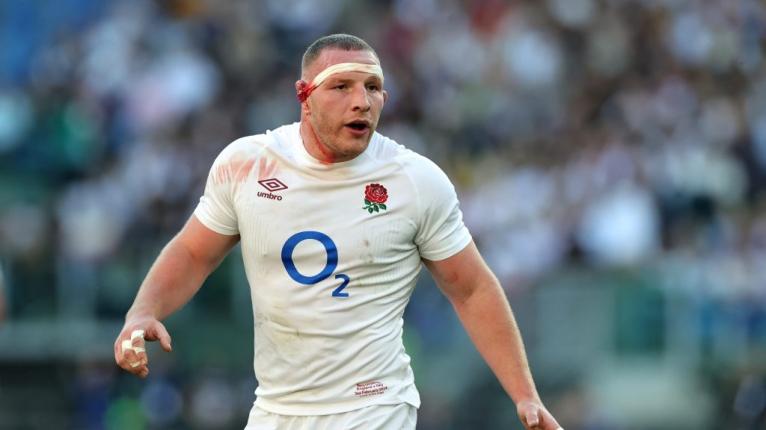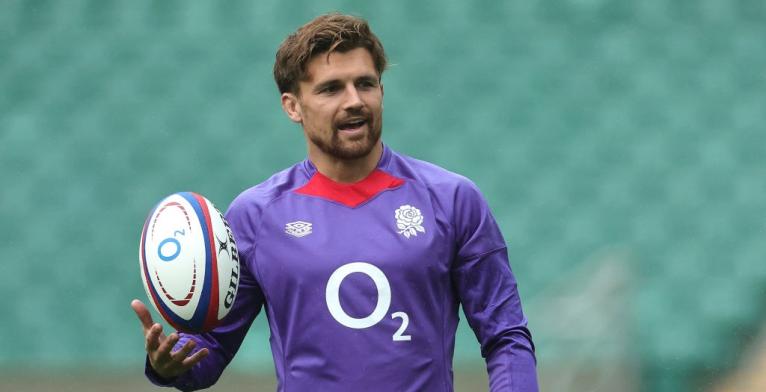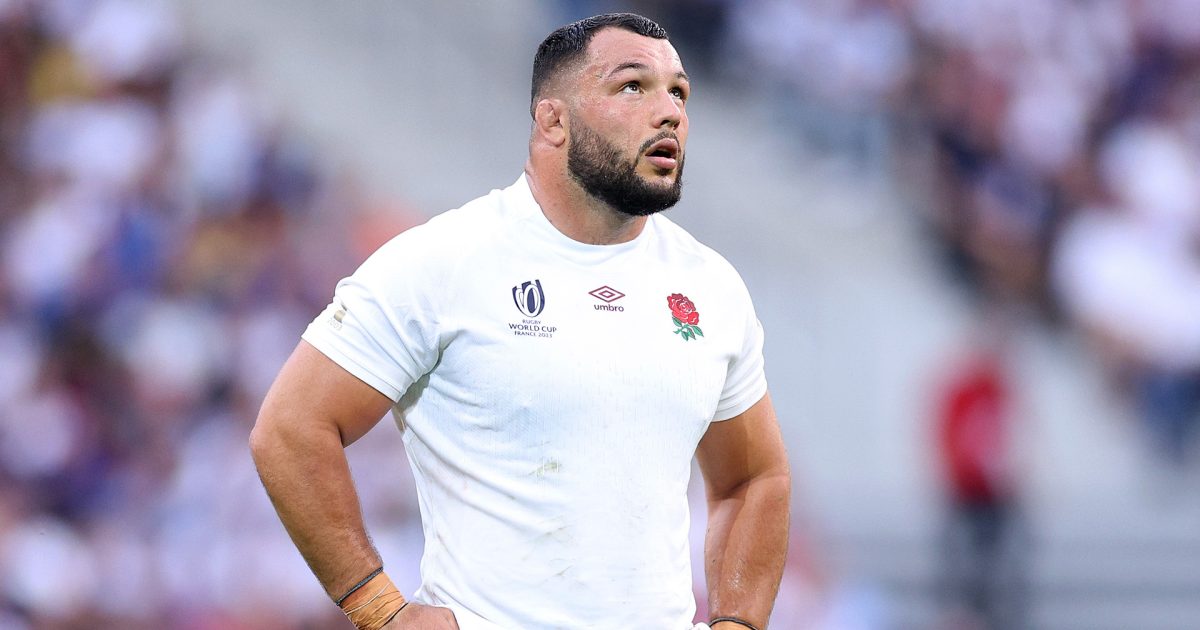The real danger with England's new hybrid contracts – Andy Goode

Steve Borthwick’s first ever enhanced Elite Player Squad selection looks fairly predictable on the face of it but hybrid contracts might just throw the cat among the pigeons.
In some ways that’s exactly what the England head coach will want as he dangles a carrot to other players to do more in order to earn the same deal as the 17 players who have been initially named but it does have the potential to create a bit of division as well.
If you’re a Chandler Cunningham-South or Fin Baxter who may end up playing in every game, then you’re going to be a bit resentful that you haven’t got one of the new contracts and Dan Cole or Joe Marler might think they deserve one despite their age.
Both those stalwarts have played in almost every Test over the past year or so and Jamie George has been given one at the age of 34 but you can certainly see the thinking from Borthwick’s point of view.
I like the fact that he has held back eight slots rather than filling them all just because he can but some players will naturally feel aggrieved and the split of positions among those selected is interesting as well.
Three fly halves have been handed contracts when you normally only have a couple in an international squad, while Ellis Genge is the only prop rewarded and there are six of them in the current 36-man squad.

That does reflect the aforementioned ageing nature of the players in that position and the fact the younger ones haven’t yet nailed down their spots but it also indicates all positions are equal but some are more equal than others.
Clearly, Marcus Smith, Fin Smith and George Ford aren’t likely to all be in any match day 23 together let alone guaranteed to be in every one but fly half is a pivotal position and Borthwick wants to be able to manage his generals closely.
There can’t be any arguments about Alex Mitchell being given one as he has cemented himself as England’s first choice number nine. However, he is currently injured and none of the three scrum halves in the current squad have been given a deal so the Autumn Nations Series may act as an audition.
Back row is an interesting one, with only Ben Earl and Tom Curry among the lucky 17, and Sam Underhill can consider himself unfortunate. He has had his injuries in the past and that could count against players but he has started all of the last 9 Tests.

If a player appears in every Test in a season, then there won’t be any difference in the remuneration they get anyway but this is all about security, feeling valued, being managed in a certain way and also having a say when it comes to commercial deals and other such issues.
I think that has been a big driver for the players, wanting to feel more able to influence their own earnings and image and have a greater say in rest periods and welfare issues rather than just having to take their match fee and do as they’re told.
It maybe isn’t quite as revolutionary is it first seemed when the enhanced EPS contracts were first discussed but you can bet your bottom dollar that every player wants to be on one and those not on the initial list will be striving to get one.
The devil is in the detail as always and they are reportedly worth £150,000, which covers the match fee for every Test in the campaign, and then an image rights fee of somewhere in the region of £10,000 per game is due on top of that.
The annual amount will obviously change in years when there are fewer Tests and in World Cup years when there are more and, interestingly, the players’ contracts will run for different lengths of time as club contracts do.
So, some of the initial 17 players may only have a one-year enhanced EPS deal but some could have a contract in place for three years, although presumably there will be clauses to get out of that in the case of injury and perhaps other factors too.

It’ll be intriguing to see what clubs do when it comes to renegotiating contracts of players on these enhanced EPS deals but it isn’t like they are suddenly earning a lot more for their international commitments.
The reality is these contracts are more about Borthwick being able to have more control but the clubs will obviously benefit from the £33 million a season they’re getting as part of the new Professional Game Partnership rather than directly from these contracts.
The timing of the announcement of the deals is interesting. Borthwick will have known who he wants to give them to for a while but, with England in camp at the moment, there will definitely have been banter flying around about the 17 chosen ones, ‘Borthwick’s babes’ and the like.
Anyone looking to earn one of the eight remaining enhanced EPS deals need look no further than Henry Slade for the perfect example of how to deal with disappointment. He has gone from missing the cut for the World Cup to starting every Test since and fully deserves his contract.
It’s a fine line between keeping players on their toes and incentivising them and being somewhat divisive and the England head coach will be hoping he gets the right response from the more fringe squad members or the disappointed ones.















































































Typical negative comments from Andy Goode.
Moving deck chairs around on the titanic.
👀